Buying and Selling Virtual Homes in the Metaverse: Exploring the New Frontiers of Digital Real Estate
Home » Buying and Selling Virtual Homes in the Metaverse: Exploring the New Frontiers of Digital Real Estate

Technological progress is redrawing the boundaries of reality.
With the advent of the metaverse, an immersive and shared digital universe, the real estate sector has also undergone a radical transformation.
The buying and selling of virtual homes is no longer a science fiction idea, but an increasingly concrete reality.
In this guide, we analyze the figures, opportunities, and risks of this emerging market, with references to the main players and technologies involved.
What is the Metaverse?
The metaverse is a three-dimensional digital space where people, through avatars, can interact, work, participate in events, and… purchase virtual real estate.
Platforms such as Decentraland, The Sandbox, and Somnium Space are just some of the ecosystems where you can buy virtual land using NFTs (Non-Fungible Tokens).
📌 Recommended reading:
NFTs: what they are and how they work
Dati di Mercato: Crescita Esponenziale
According to MetaMetric Solutions, the sales volume of virtual real estate exceeded $500 million in 2021. Forecasts estimate a compound annual growth rate (CAGR) of 31% between 2022 and 2028, according to BrandEssence Market Research【Source: BrandEssence Research】.
These figures highlight how companies and investors are beginning to take the potential of digital real estate seriously.
💬 Tokens.com has invested over $2 million in Decentraland, purchasing an entire district dedicated to digital fashion 【Source: Reuters】.
Opportunities and Risks of Virtual Trading
✅ Opportunities:
-
-
- Global Access: Anyone in the world can purchase digital real estate.
- New Sources of Income: Rentals for events, advertising, or virtual stores.
- Tokenization and Transparency: The use of NFTs guarantees traceability and authenticity.
-
❌ Risks:
-
-
- Volatility: The market is subject to unpredictable fluctuations.
- Absent regulation: Legal regulations still poorly defined.
- Technologies still under development: Some platforms may lack continuity or scalability.
-
Casi Case Studies and Real-World Applications
In November 2021, Metaverse Group, a subsidiary of Tokens.com, purchased a plot of virtual land in Decentraland for $2.43 million.
The area has been designated for the creation of a retail space for digital fashion, confirming brands’ growing interest in these new dimensions of interaction.
Legal Aspects: Is a Notary Public Needed in the Metaverse?
The lack of uniform legislation is one of the most critical issues. Ownership is linked to possession of an NFT, but legal recognition varies from jurisdiction to jurisdiction.
To date, there is no official notary figure in the metaverse, but studies are underway by European bodies and legal institutions to integrate these tools with existing law.
📌 Recommended external reading:
World Economic Forum – Property Rights in the Metaverse
Conclusions
The buying and selling of virtual homes in the metaverse is a pioneering field that combines technology, innovation, and business.
Although there are still many unknowns, the potential for profit and development is enormous.
Those who wish to approach this new world should do so with awareness and strategy, balancing promises with careful risk analysis.
🔗 Useful Links and Sources
MetaMetric Solutions
BrandEssence Market Research
Reuters su Tokens.com
World Economic Forum: Metaverse Property
Decentraland
The Sandbox


